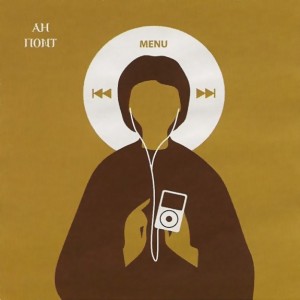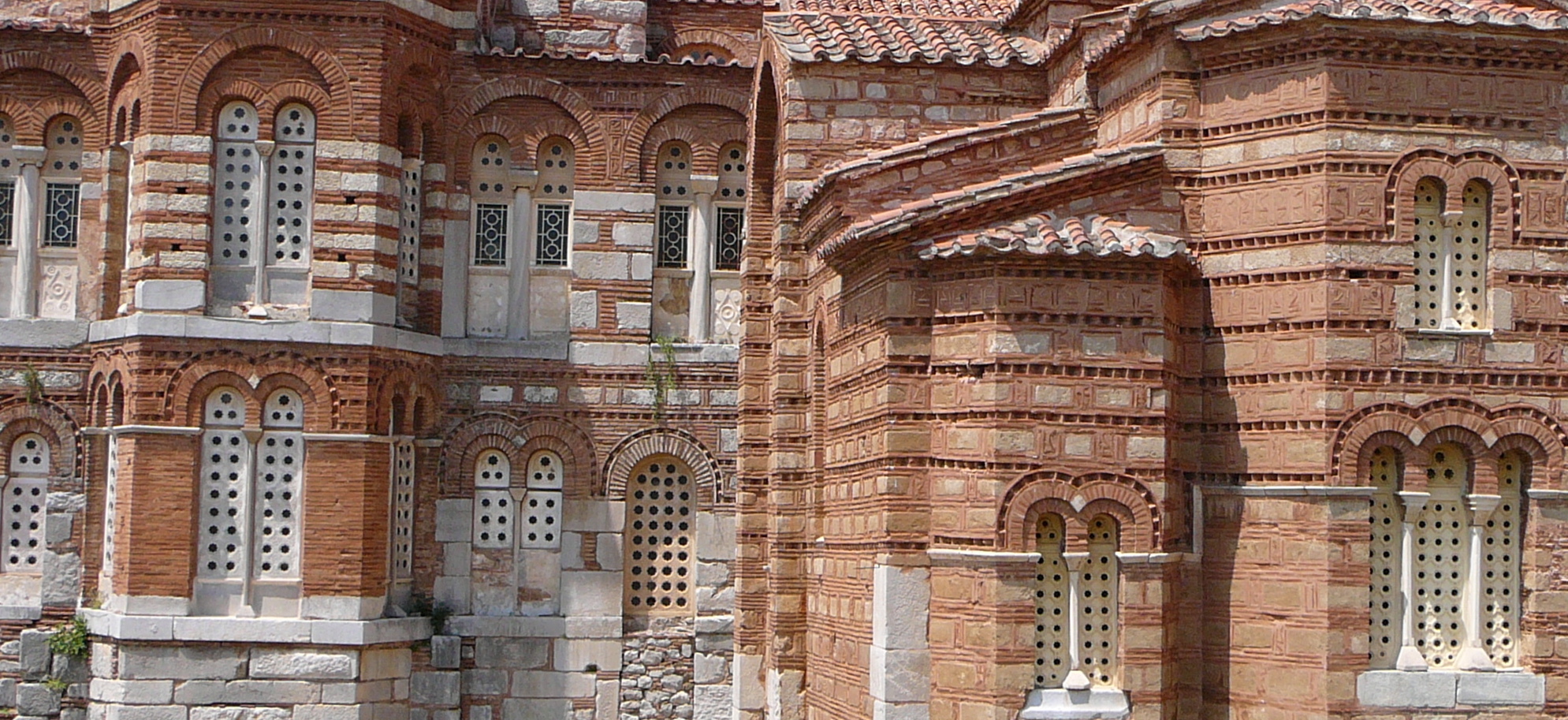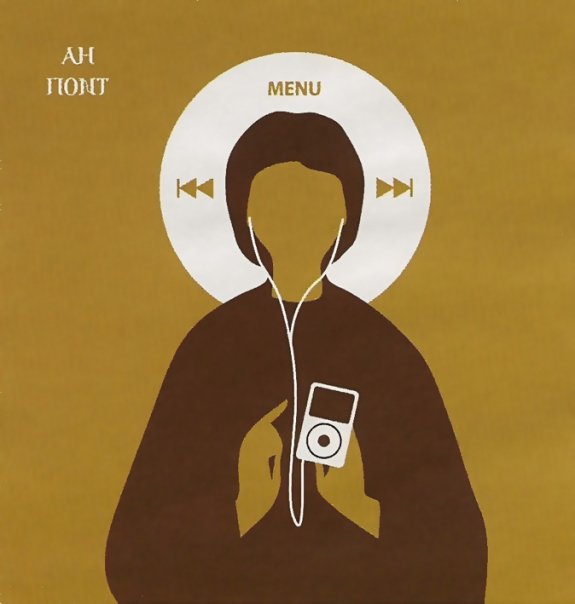Episodes

Thursday Jul 16, 2020
28. How we choose our research topics, with Tia Kolbaba
Thursday Jul 16, 2020
Thursday Jul 16, 2020
A conversation with Tia Kolbaba (Rutgers University) about how we decide what questions need to be studied, how we identify blind-spots and misconceptions, reframe a problem, and navigate the shallows and the deep in order to bring a project to conclusion. Are there politics within a field that shape these decisions, sensitive areas that we need to avoid, or responsibilities toward non-academic communities?

Thursday Jul 02, 2020
27. The hidden treasures of sigillography, with Jonathan Shea
Thursday Jul 02, 2020
Thursday Jul 02, 2020
A conversation with Jonathan Shea (Dumbarton Oaks) about Byzantine lead seals, of which we have some 70,000, and about the work and careers of Byzantine civilian bureaucrats. Seals are the hidden treasury of research on Byzantium: so small and yet, in large numbers, they allow us to do so much, and they bring us closer to the individuals who used them. The conversation is based on his recent book Politics and Government in Byzantium: The Rise and Fall of the Bureaucrats (Bloomsbury 2020).

Thursday Jun 18, 2020
26. Homer in Byzantium, with Baukje van den Berg
Thursday Jun 18, 2020
Thursday Jun 18, 2020
How did the Byzantines read Homer? How did classical studies work in Byzantium? A conversation with Baukje van den Berg (Central European University) on where, why, and how the Byzantines approached the Iliad and the Odyssey; what scholarly tools they had and developed for that purpose; and on one of the great Homerists of all time, Eustathios of Thessalonike. The conversation is based on Baukje's forthcoming book, Homer and Rhetoric in Byzantium: Eustathios of Thessalonike on the Composition of the Iliad (Oxford University Press).

Thursday Jun 04, 2020
25. Disability in Byzantium, with Christian Laes
Thursday Jun 04, 2020
Thursday Jun 04, 2020
A conversation with Christian Laes (University of Manchester) on how to study disability in Byzantium. What might count as a disability in a Byzantine context? What social consequences did it have? How was it represented in texts? How did people try to cope with their disabilities? The conversation is based on a number of his publications, including 'Power, Infirmity, and "Disability": Five Case-Stories on Byzantine Emperors and their Impairments,' Byzantinoslavica 77 (2019) 211-229; and 'How does one do the history of disability in antiquity? One thousand years of case-studies,' Medicina nei Secoli 23 (2011) 915-946.

Thursday May 21, 2020
24. Social class in Byzantium, with Efi Ragia
Thursday May 21, 2020
Thursday May 21, 2020
A conversation with Efi Ragia (Hellenic Open University) on coming to grips with social class in Byzantium, a society without a fixed social hierarchy, at least not fixed in terms of hereditary groups. Claims to high (or low) social standing were often rhetorical and fluid. Who were "the powerful"? By what criteria could they be recognized, and how might others aspire to that position? The conversation is based on her article ‘Social Group Profiles in Byzantium: Some Considerations on Byzantine Perceptions about Social Class Distinctions,’ Byzantina Symmeikta 26 (2016) 309-372.

Thursday May 07, 2020
23. Digital humanities and Byzantium, with Kuba Kabala
Thursday May 07, 2020
Thursday May 07, 2020
A conversation about digital humanities in Byzantine research, with Kuba Kabala (Davidson College). How did digital humanities emerge from traditional (analog) modes of research? What new approaches do they enable? What new findings do they make possible?

Thursday Apr 23, 2020
22. Social distancing in early Byzantium, with Ellen Muehlberger and David Brakke
Thursday Apr 23, 2020
Thursday Apr 23, 2020
What did it take, and what did it do to you, to avoid the company of others in Byzantium? How far did you have to pare your life down, and how reliant were you still on networks of support and supply? A conversation with Ellen Muehlberger (University of Michigan: see episode 2) and David Brakke (Ohio State University: see episode 13) about trying to live alone in early Byzantium. We focus on ascetics, but not only on them.

Thursday Apr 09, 2020
21. Coping with pandemics, with Tina Sessa and Kyle Harper
Thursday Apr 09, 2020
Thursday Apr 09, 2020
A conversation with Tina Sessa (Ohio State University: see episode 4) and Kyle Harper (University of Oklahoma, author of The Fate of Rome: Climate, Disease, and the End of an Empire, Princeton University Press 2017) on the Byzantine reactions to pandemics. What was the threshold of social visibility for a pandemic anyway? What could the government do to help? What imaginative and social resources were activated in times of pandemic?

Thursday Mar 26, 2020
20. Carolingian and Byzantine practices of empire compared, with Jennifer Davis
Thursday Mar 26, 2020
Thursday Mar 26, 2020
A conversation with Jennifer Davis (Catholic University of America) on the study of empire in a medieval context, contrasting the different ways in which Charlemagne and the Byzantine emperors ran theirs. What do we mean by empire after all? The discussion is based on her book Charlemagne's Practice of Empire (Cambridge 2015).

Thursday Mar 12, 2020
Thursday Mar 12, 2020
A conversation with Buket Kitapçı Bayrı (Koç University) about Turkish films that prominently feature Byzantine characters and settings, especially the films about Battal Gazi. For links to these films, see the Textual Appendices to the podcast's host platform: https://byzantiumandfriends.podbean.com (on the right). For Buket's work in this area, see her articles 'Contemporary Perception of Byzantium in Turkish Cinema: The Cross-Examination of Battal Gazi Films with the Battalname,' Byzantine and Modern Greek Studies 37 (2013) 81-91; and 'The 10th International Congress of Byzantines Studies, Istanbul, September 15-21, 1955,' Yillik: Annual of Istanbul Studies 1 (2019) 123-144.

